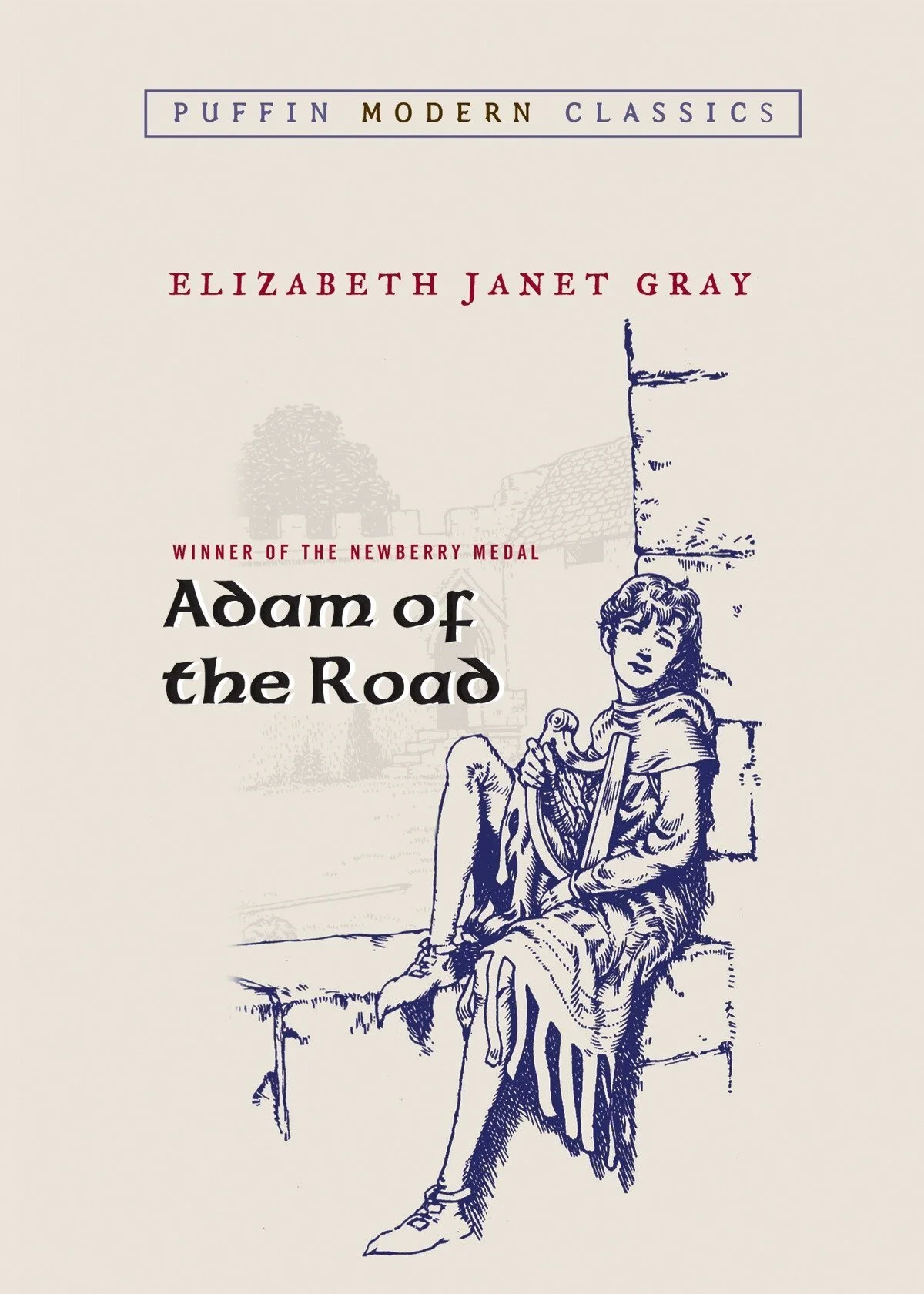Adam of the Road (1943)
Following the Japanese surrender to American after World War II, the Allies saw fit to occupy conquered Germany and Japan for several years, ostensibly to prevent any sort of renewed uprising that could potentially elongate what was already a nearly decade-old conflict. Both of these occupations seem borderline-unbelievable today—both Japan and Germany were literally drawn into regions that various Allies (and the Soviet Union) administered with some basic cooperation between each other. In Germany, the prolonged occupation and deteriorating relationships between the Soviets and Allies famously led to the divided city of Berlin.
Japan was a bit easier to divide, thanks mostly to its various islands creating some natural physical distance amongst parties, but it was by all accounts a terrifying place to be. The Japanese had just experienced the collective horror of having two atomic bombs dropped on the country, still the only country in the world to experience such destruction. Food was scarce, money scarcer, and many people had lost homes and families. Most people were at an all-time low.
Throughout the war, Emperor Hirohito Showa was a beacon of hope and source of pride for his people. He was also an exploitative fascist, leaning on the cultural belief of his divinity to push his people into a suicidal death spiral and siding with the Nazis. The Allied victory famously came with the requirement that Japan separate its church from its state, effectively neutering the Emperor’s political power while a new government was installed.
And yet…the Allies knew the power Hirohito had over his people. Rather than imprisoning him or executing him, they preferred to keep him in place as a figurehead. Japan was going to need some serious morale boosting over the coming years, and if Americans simply removed or killed him (again, with most citizens believing he was a living god), the chances of new conflicts arising was simply overwhelming. US General MacArthur went so far as to lobby international criminal courts to not even prosecute Hirohito for war crimes. They’d rather have a peaceful Japan with a ruler they could control than justice at the cost of more conflict.
With the Americans squarely in control of Japan and Hirohito an unwanted but necessary accessory to their plans, what was left to do but start educating and indoctrinating the future Emperor, grooming him to become a trusted ally? Hirohito hand-picked his son’s tutor, an American woman of some regard and celebrated children’s author. She was to teach him English and train him in the ways of Western culture. Three years after winning the Newbery, Elizabeth Gray Vining graduated to the big leagues.
How do you even make space to talk about winning the Newbery Award when the Emperor of fucking Japan hand-picks you to be his son’s tutor? What in life could possibly compare to that experience? When Vining came back to the States in 1950, do you think anyone ever asked her about what books she was working on? She nicknamed the Crown Prince of Japan “Jimmy.” Jimmy! There’s nothing I could do for the rest of my life that would make me half as cool as Elizabeth Vining.
Elizabeth Gray Vining tutoring the Crown Prince Akihito like a freakin’ BOSS.
Though it can’t hold a candle to her other accomplishments, Adam of the Road makes it easy to understand why Vining was so popular as a children’s author. Adam is decidedly old-school in nature, a loping adventure novel where a young minstrel travels England in search of his dog and father. It’s not particularly inventive—if you’ve read one young adult on-the-road novel, you’ve read them all—but the writing sparkles. Vining makes the Middle Ages relatable, focusing on relationships and action while exquisitely-researched detail provides a rich background for the tale. It’s likely something adults would appreciate more than children today, but I lapped it right up. Robert Lawson’s charming illustrations break up the chapters, and we’ll see him again soon.
Vining never went on to win another Newbery, though she had plenty of success in her long life before dying in 1999 at age 97. By that point, her once-pupil Akihito had been on the throne in Japan for ten years. (Fun fact: Akihito was a marine biologist before becoming Emperor.) She’d been a devout Quaker for most of her life and given herself to teaching in her later years. Adam of the Road is a solid book, but Vining’s life was a true 10/10.




